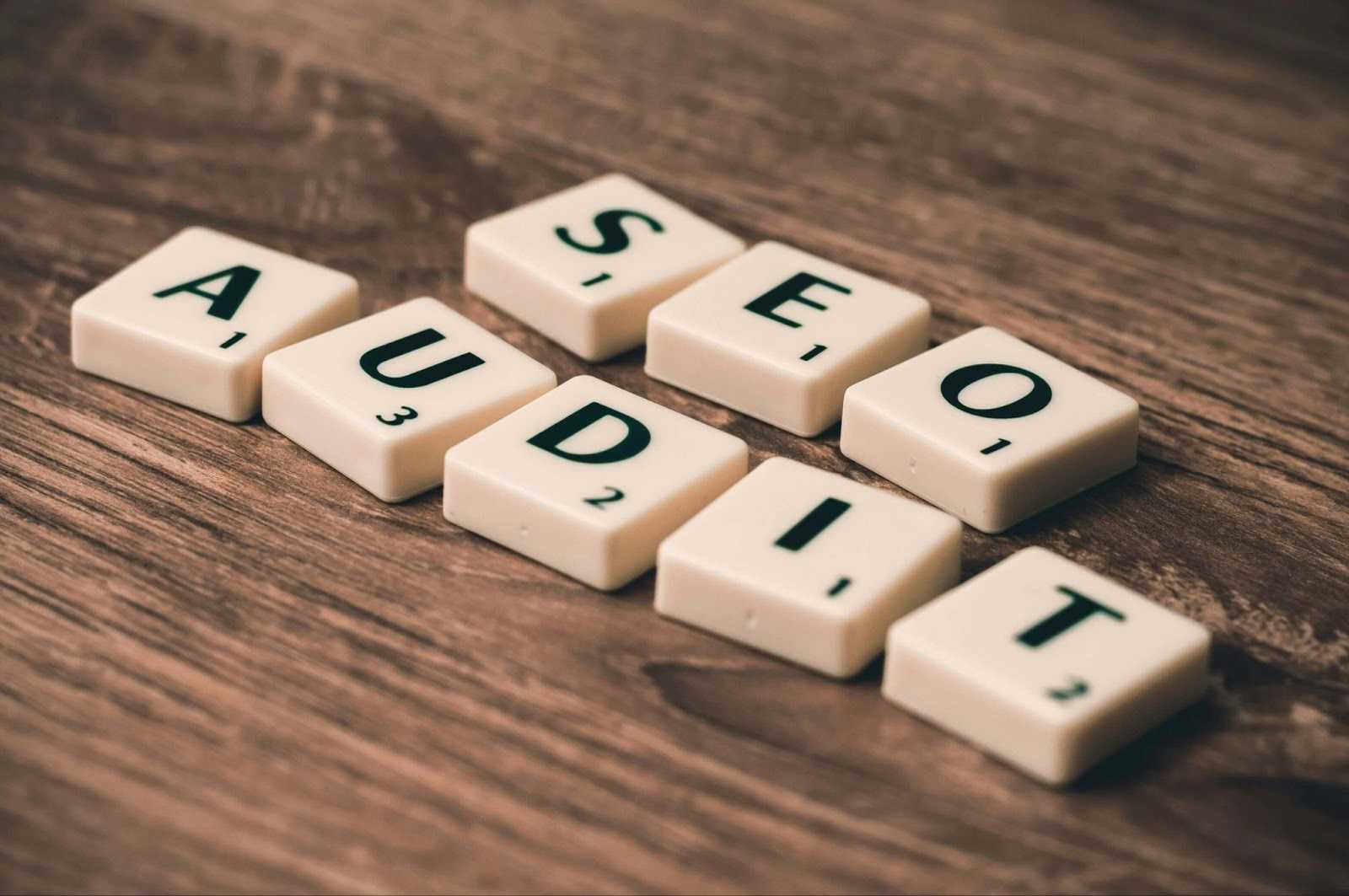
CORPORATE GOVERNANCE
14 Jul 2025
What is an Audit Committee? Overview and Responsibilities
The audit committee is a corporate governance body composed of independent members responsible for monitoring the proper functioning of internal systems and processes, maintaining regulatory and financial observance.
The role of the committee is indispensable and, in some jurisdictions, mandatory. By virtue of its function, it protects shareholders’ interests and all stakeholders, ensuring market confidence.
In this article, we will explore what is an audit committee, its function, composition, and evolving responsibilities, also considering international regulations and stakeholder expectations.
Definition and Purpose of an Audit Committee
The audit committee is a special body responsible for overseeing financial reporting—ensuring transparency and completeness of information—and internal processes, coordinating them with external audits.
In many jurisdictions, committees are required for all public companies and must be made up of members who are independent from management.
Through its independent activities, the board seeks to ensure adherence with the parameters of disclosure and transparency in corporate governance.
What is the Function of an Audit Committee?
So, practically, what is the function of an audit committee? There are many , and they are divided into various supervision, monitoring, and prevention processes.
- Monitoring financial reporting integrity: Possibly the most prominent function of the group; members assure that financial information and documentation are clear and complete.
- Supervising internal control systems: Members evaluate if their internal procedures are efficient and effective by identifying their risks and key concerns.
- Overseeing internal and external audit process: Supervising and controlling the internal auditors, facilitating the coordination with the external auditors and with management goals.
- Ensuring regulatory adherence: Members assure the organization acts in accordance with the law.
- Variances of fraud prevention and risk management: Develop plans and processes to prevent and control risks.
In summary all of these processes are part of an overall plan to align the interests of its shareholders and those of its stakeholders. Relying on corporate governance advisors can help your company get off on the right foot from the start.
Composition and Structure of Audit Committees
Choosing how to compose and structure the accounting board is the first step toward an independent and objective council. It usually consists of at least three independent representatives members chosen for their financial and regulatory expertise. By independent, we mean that they have no operational links with the company.
The audit committee then reports directly to the board of directors and the CFO (Chief Financial Officer), supporting their supervisory and management roles.
Key Responsibilities of the Audit Committee
The audit committee’s functional duties can be broken down into four key topics:
- The first topic is financial statement review: Here, members are accountable for the company’s quarterly and annual financial statements and their respective accounting policies and estimates.
- The second topic is risk management and internal controls: Also a large task for the council, risk management using internal procedures brings about ways to improve processes.
- The third topic is internal oversight: The group has responsibility for oversight of internal auditing and relationship management, including the ability to make changes if they deem appropriate.
- The fourth topic is external oversight: For this topic, members recommend the appointment of external auditors to the board, and require the scope, competence, and payment of the audit is appropriate.
Legal and Regulatory Requirements
Audit committees are subject to a number of regulations in different jurisdictions, but independence and transparency still remain keys.
- United States: In the US, boards of audit are regulated by the SEC (Securities and Exchange Commission) through regulations that impose an obligation to disclose activities and the Sarbanes-Oxley Act (SOX) of 2002. SOX requires audit committees to be independent (and composed of independent members), and at least one member must be a financial expert.
- United Kingdom: The UK Governance Code requires companies to have boards of audit composed of at least three members (or two in the case of small companies), and one of the members must be financially literate.
- European Union: The EU audit reform established greater standards to strengthen auditor independence and improve accounting council effectiveness.
These rules are intended to be consistent with good corporate governance approaches developed to improve market confidence.
Best Practices for Effective Audit Committees
To provide effective oversight, committees need to follow accepted practices recognized and implemented globally.
- Meeting frequency and setting the agenda: The members should meet regularly to discuss processes and have an agenda that includes well-established processes, quarterly financial reviews, and discussions about emerging risks and regulatory updates.
- Training and continuing updating: The company will always have opportunities to train and provide resource updates to auditors.
- Use of committee charter and performance reviews: Appropriate use of these two items is essential to effectively report on committee duties and responsibilities, providing accurate documentation in minutes of each session.
- Confidential access to management and auditors: The group must have ease of communication with CFO, external auditors, and governance insurance officers.
Challenges Faced by Audit Committees
Audit committees tend to experience common challenges:
- Managing the increasing regulatory complexity by keeping up with legislative changes;
- Keeping up with the rapidly-evolving area of governance of IT risk and digital finance, while embracing enlightened digital structures;
- Finding ways to master ESG reporting (learn here what is ESG), which is increasing in importance for attracting investors and securing consumer trust;
- Ensuring committee member independence and preventing conflicts of interest related to ownership and management influence.
When you are able to turn these challenges into opportunities, the organization can arm itself with ethical and transparent corporate governance.
How Audit Committees Interact with Other Governance Functions
Committees are considered a part of corporate governance and function through engagement with other oversight functions. Committees usually align with the board of directors, risk committees, and internal staff.
The council sets the guidelines, while risk committees report potential operational threats. Finally, the compliance team keeps the company in line with regulations, and internal audits supervise internal processes, assessing their efficiency.
These interactions will allow the committee to undertake its roles with greater transparency, value, and robustness in governance.
Global Trends in Audit Committee Evolution
In recent years, the role of the committees has expanded to respond to increasingly complex challenges. Globally, there is a growing focus on issues such as sustainability, technology, and reputational risk management.
This evolution reflects a cultural shift: stakeholders expect more integrated governance that can prevent problems and promote transparency in management decisions. In response, many jurisdictions are updating regulations to strengthen requirements for committee independence, expertise, and accountability.
The future of these bodies is increasingly oriented toward a proactive role where the ability to read market signals and anticipate risks will be critical to ensuring effective and responsible oversight.
FAQs
What is an audit committee and why is it important?
It is a council body responsible for overseeing financial reporting, accounting integrity, and internal rules to protect shareholders and consumer confidence.
What is the function of an audit committee in financial oversight?
Monitor and ensure the accuracy of financial statements, the independence of audits, and the proper functioning of internal controls.
Who typically serves on an audit committee?
Independent, non-executive directors with financial expertise. This is essential to maintain impartiality in supervision.
How often does an audit committee meet?
Generally every quarter. Meetings may be more frequent for complex issues such as mergers and acquisitions.
Can audit committees be held liable?
Yes. Committee members are liable for omissions in supervision or breach of their duties.
References
Deloitte. (2018). Audit Committee Resource Guide. Deloitte Development LLC https://www2.deloitte.com/content/dam/Deloitte/us/Documents/center-for-corporate-governance/us-aers-audit-committee-resource-guide-2018-041818.pdfDeloitte United States
KPMG. (2021). Audit Committee Guide. KPMG International.
https://assets.kpmg.com/content/dam/kpmg/id/pdf/2021/11/kpmg-audit-committee-guide.pdfKPMG Assets+1KPMG Assets+1
PwC. (s.d.). Audit committee responsibilities. PwC Governance Insights Center. https://www.pwc.com/us/en/services/governance-insights-center/library/audit-committee-responsibilities.html

Tax Consulting
14 July 2025
What Is the Corporate Tax Rate?
What is the corporate tax rate? Simply put, it’s the share of a company’s taxable profits that goes to the government. Depending on where a business operates—or how much it earns—that percentage can look very different. Some jurisdictions apply a flat rate, others scale it. In the sections ahead, we’ll explore how corporate tax rates […]

Business Restructuring
29 August 2025
When Do You Need a Chief Restructuring Officer?
There are times when corporations face financial distress or need to undergo significant transformation. During these periods, it can be useful to appoint a senior executive whose remit is to ensure the company navigates these processes effectively. This is where a chief restructuring officer (CRO) comes into play. CROs provide essential specialized leadership experience and […]

Individual Relocation Consulting
28 August 2025
What is Cultural Competence Training?
Cultural competence training is a structured way to educate employees in cultivating skills and perspectives necessary to thrive in diverse global workplaces. It empowers individuals and organizations alike to better understand, communicate with, and positively interact with people from differing cultures. These types of initiatives are not limited to making an impact on the local […]



